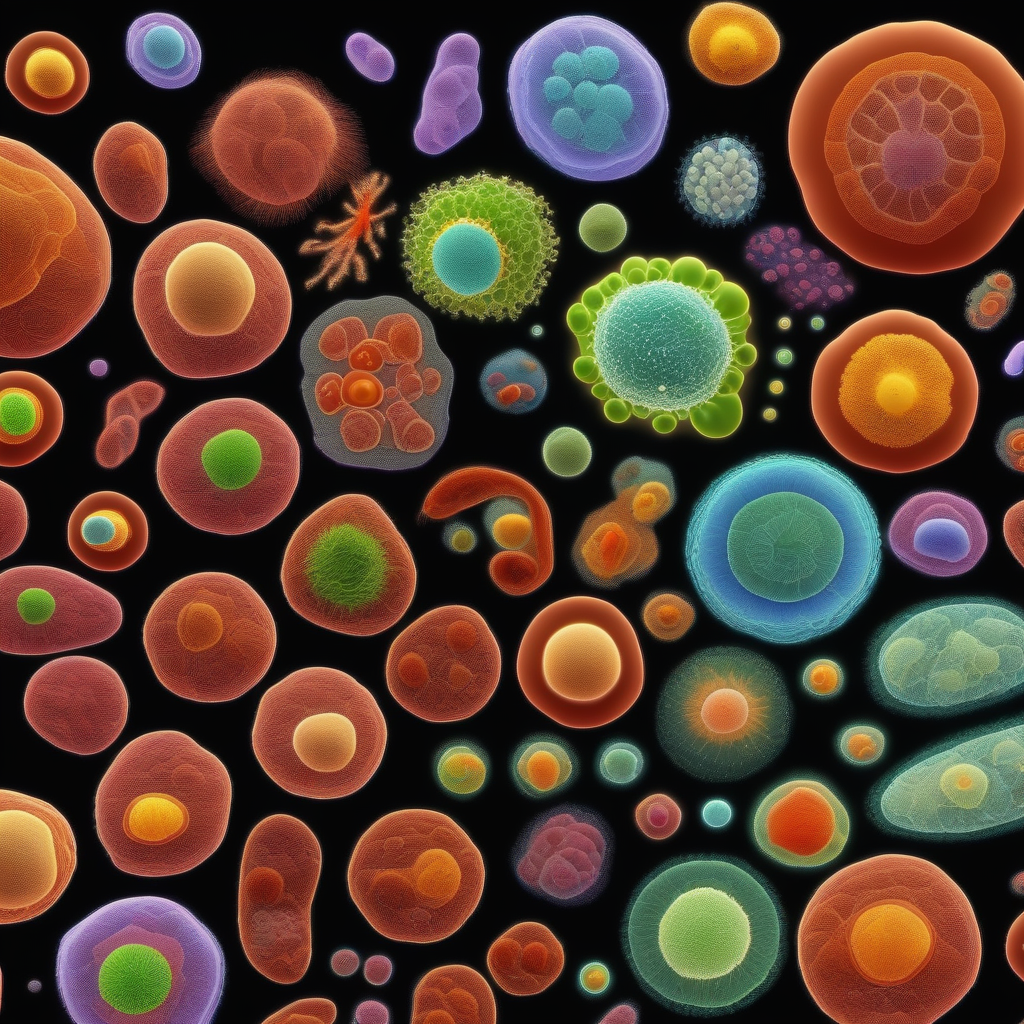Vacuoles are membrane-bound organelles found in the cells of plants and some protists. They are essentially storage compartments within the cell that store a variety of substances such as water, nutrients, waste products, and pigments. Vacuoles can vary in size from small vesicles to large central vacuoles that take up most of the cell’s interior.
One of the main functions of vacuoles is to maintain turgor pressure within plant cells. When the vacuole is filled with water, it exerts pressure on the cell wall, providing structural support and helping the plant stand upright. Vacuoles also play a crucial role in regulating the concentration of ions and other molecules within the cell, helping to maintain cellular homeostasis.
In addition to their role in storage and maintaining cell structure, vacuoles also play a part in processes such as digestion and detoxification. Some vacuoles contain enzymes that break down macromolecules or toxic substances, while others may help to isolate harmful substances within the cell.
Overall, vacuoles are versatile organelles that play a vital role in the functioning of plant cells and contribute to the overall health and well-being of the organism. Their ability to store, regulate, and process various substances helps to ensure that the cell can carry out its essential processes and adapt to changing environmental conditions.
